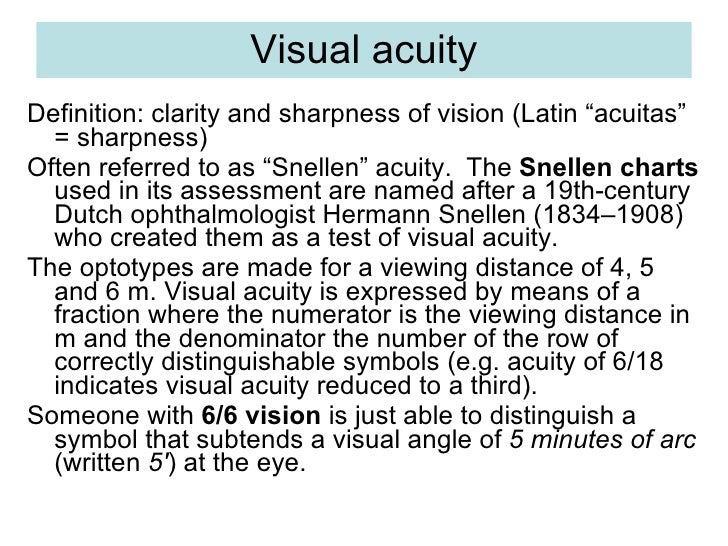

“Taking Sensory Communication to a Whole New Level” Consumers don’t perceive them as marketing messages and therefore don’t react with the usual resistance to ads and other promotions. Such influences are subtle-and that’s exactly why they are so powerful. Because cinnamon suggests warmth, it can enhance a heating pad’s appeal and apparent effectiveness. The author of the 2013 book Customer Sense: How the 5 Senses Influence Buying Behavior, Krishna got into the field because she was fascinated by certain questions: Why does wine taste better in a wine glass than in a water glass? Why is an ad showing a piece of cake more engaging when the fork is placed to the right of the cake? Why does the smell of cinnamon make a heating pad seem to work better? Krishna realized that the senses amplify one another when they are congruent in some way. She says that many companies are just starting to recognize how strongly the senses affect the deepest parts of our brains. That same year the Journal of Consumer Psychology published a special issue on embodiment and sensory perception, with a focus on how sensory inputs can drive consumer behavior.Īradhna Krishna directs the Sensory Marketing Laboratory at the University of Michigan and is considered the foremost expert in the field.

At the 2014 Association for Consumer Research’s North American conference, Brasel heard more papers on sensory research presented than at any previous conference. Work on embodied cognition has begun “blowing up on the academic side,” he adds. Adam Brasel, an associate professor of marketing at Boston College. Marketing researchers are “starting to realize how powerful the responses to nonconscious stimuli can be,” says S. And warm ambient temperatures prompted people to conform to a crowd, a finding of researchers led by Xun (Irene) Huang, of Sun Yat-sen University. Williams, of the University of Colorado at Boulder, and John A. For example, people who had briefly held a warm beverage were more likely than people who had held a cold one to think that a stranger was friendly this was demonstrated in an experiment by Lawrence E. Much of the new research centers on “embodied cognition”-the idea that without our conscious awareness, our bodily sensations help determine the decisions we make. New research suggests that we’re about to enter an era in which many more consumer products companies will take advantage of sense-based marketing. The past year has brought a rush of interest in the subject among academics. For two decades marketers in a variety of industries have been building expertise in reaching consumers through the five senses-learning to deploy cues, such as the sting from a swig of mouthwash and the scritch-scratch sound of a Sharpie pen, that can intensify perceptions of brands.


 0 kommentar(er)
0 kommentar(er)
